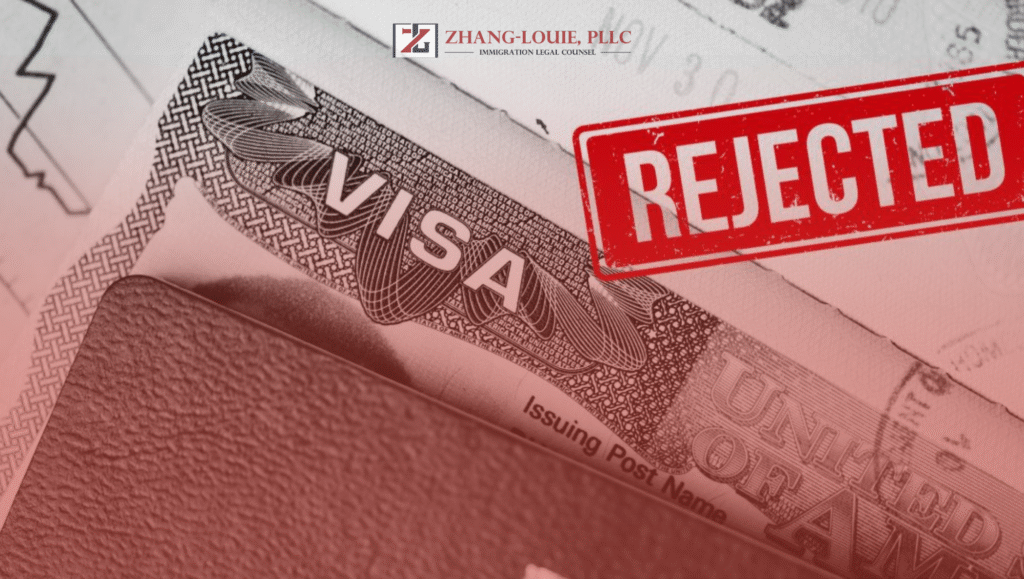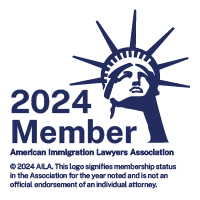
On July 8, 2025, the U.S. Department of State (DOS) published a new Delegation of Authority that could significantly affect how visa applications are reviewed—especially when it comes to national security and law enforcement concerns.
So What Happened?
The Assistant Secretary of Administration at DOS officially re-delegated authority to invoke the law enforcement privilege to the Assistant Secretary for Consular Affairs. This may sound like bureaucratic language, but here’s what it really means for applicants:
If consular officers deny or delay a visa because of a national security flag, they may now withhold the underlying reason—invoking what’s called a law enforcement privilege to avoid disclosing sensitive information. This shift expands the consular officer’s discretion in visa decisions and may limit your ability to challenge or understand the reason behind a denial.
The full announcement was published in the Federal Register on July 8, 2025, under Delegation of Authority No. 586.
Why This Matters to Visa Applicants
Let’s say you apply for a U.S. visa and are suddenly denied without a clear explanation. If your application triggered a security-related concern—even mistakenly—this new delegation gives consular officials additional authority to withhold those details, citing law enforcement protections.
While vetting for national security is not new, this change reinforces the government’s ability to conduct visa screening with broader discretion. And while that may be necessary in certain high-risk cases, it may also increase uncertainty for well-meaning applicants who are unaware of what might have triggered additional scrutiny.
What Types of Visas Might Be Affected?
All categories of visas could potentially be impacted—including:
- F, J, and M (Student and Exchange)
- H-1B, O, and L (Work and Talent-Based Visas)
- B-1/B-2 (Visitor Visas)
- EB-1, EB-2, and EB-5 (Immigrant Visas)
The re-delegation applies broadly to any visa applicant whose background or documents raise red flags during security vetting.
While the State Department hasn’t released new procedural steps for visa applicants, there are a few things we at Zhang-Louie PLLC recommend:
✅ Be Thorough and Transparent: Ensure your visa application is accurate, complete, and includes no inconsistencies or omissions—however small.
✅ Understand the Stakes: If you’ve previously been denied a visa or had issues related to inadmissibility, it’s even more important to have a legal review before reapplying.
✅ Be Prepared for Delays: If your case is referred for additional vetting, be patient—and know your rights. Sometimes, visa applicants are placed in “administrative processing” without a clear reason or timeline.
✅ Seek Legal Guidance Early: We’ve helped many clients navigate complicated visa denials or delays, including those involving potential national security or background flags.
This re-delegation is a procedural move, but one that reflects the increased security focus in U.S. visa adjudications. While the intent may be to strengthen the visa system, the impact for many applicants is less transparency and more stress.
At Zhang-Louie PLLC, we stay on top of federal policy changes and work with clients to build strong, credible applications from the start. We also assist individuals facing unexplained delays or denials—especially when security-related concerns may be involved.
If this article helped clarify things for you, feel free to share it. And if you or someone you know has questions about how this policy shift could impact your visa case, don’t hesitate to reach out to our team for guidance.
GET IN TOUCH

